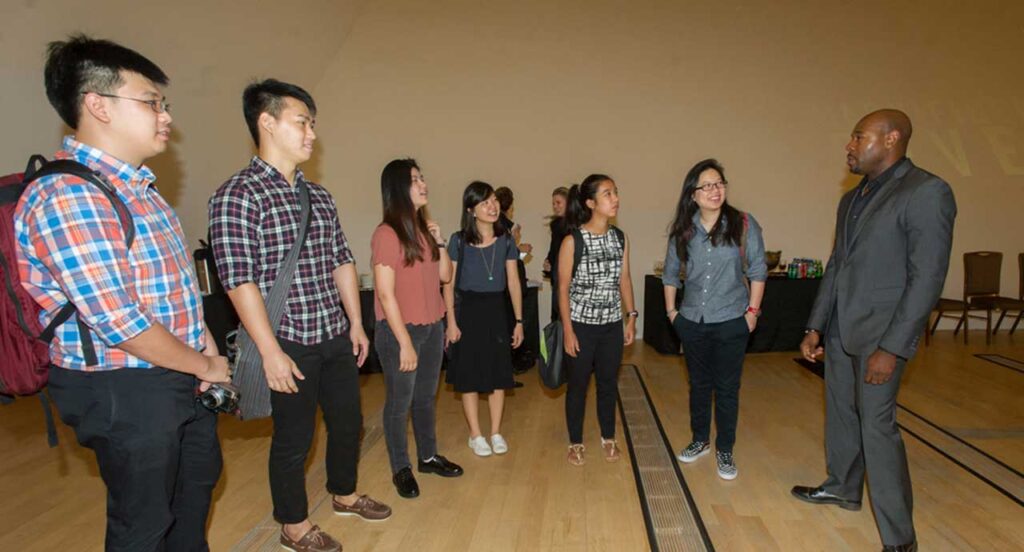A Morning With Antoine Fuqua

Cowboy hats and horses, tick. Action and gunfights, tick. Gorgeous landscapes, tick. The story of a group of gunslingers joining forces to protect a village from raiding bandits, Antoine Fuqua’s latest movie The Magnificent Seven ticks all the boxes. Yet at the film’s press conference, the director Antoine Fuqua gave a rare insight into how the film was so much more than just another classic Western.
Although a remake of the iconic 1960 John Sturges film of the same name, Fuqua’s vision draws inspiration closer to the source material – Akira Kurosawa’s epic drama Seven Samurai (1954). In fact, Seven Samurai is one of Fuqua’s favourite films. “Kurosawa was the reason I wanted to make movies.” he shared. That idea of tyranny, of someone taking away by force something that does not belong to them, stuck with Fuqua in a profound manner. That very DNA of Seven Samurai – the fight against evil – is what Fuqua attempts to retain in this film.
Fuqua’s cast is as diverse as it gets: Denzel Washington plays the gang leader; Ethan Hawke a soldier suffering from PTSD; Byung-hun Lee an Asian gunslinger, Chris Pratt the charming gambler, Vincent D’Onofrio, as well as Manuel Gracia-Rulfo from Mexico rounding up the cast. However, having a multi-ethnic cast was not a conscious decision on Fuqua’s part. In fact, only when people have brought it up (that he had a diverse cast), did he actually think about it.
“It’s just how I see the world,” Fuqua shared almost matter-of-factly. Fuqua paid more attention to actors who could fit the characters, and less attention towards achieving diversity. As a result, the film is a true tribute to heterogeneity, not diversity for the sake of diversity, and a testament to how it takes all sorts of people to come together to battle tyranny.
No great film is bereft of a great score, and tying the entire movie together is the musical spirit of James Horner. The latter wrote the scores as a gift to Fuqua, who received it only after Horner had passed away. All of us at the press conference teared a little as Fuqua shared the story of how Horner convinced him to make the film despite the odds. On a lighter note, Fuqua shared an anecdote of how actor Denzel Washington showed he cared about the work above his leading man status – if a line had humour, he would suggest fellow actor Chris (Pratt) do it instead of him – and in this way always making sure the other guys had what they needed to perform their roles too.
It all comes together in a quote that Fuqua left us with: “A sheep leader herds from behind, not always in front.” Even in the original Seven Samurai, the leader of the Samurais was a stoic figure who always planned in quiet confidence, leading the village to victory from behind the scenes. Under Fuqua’s direction, The Magnificent Seven becomes a superb lesson on life which has all the elements of comedy, action, and eye-candy.

